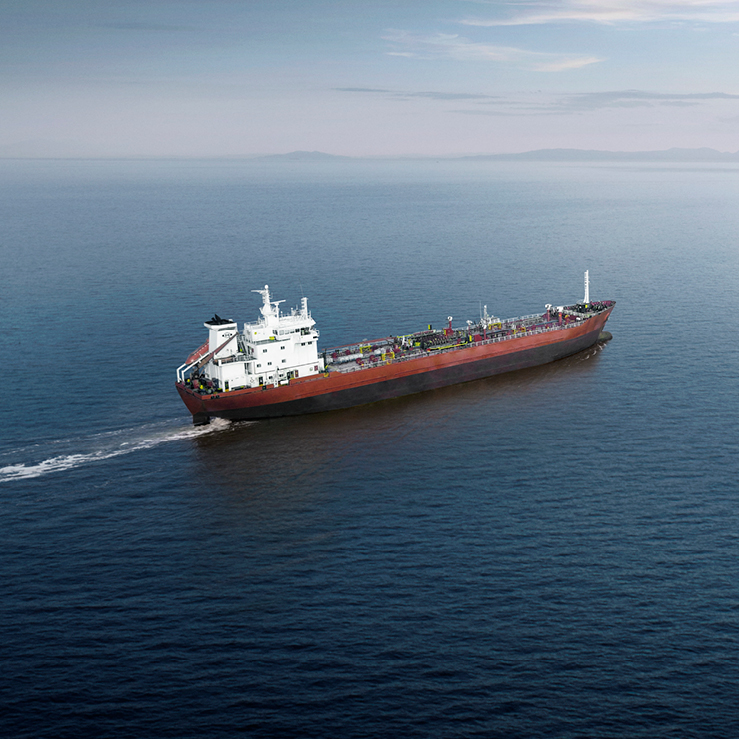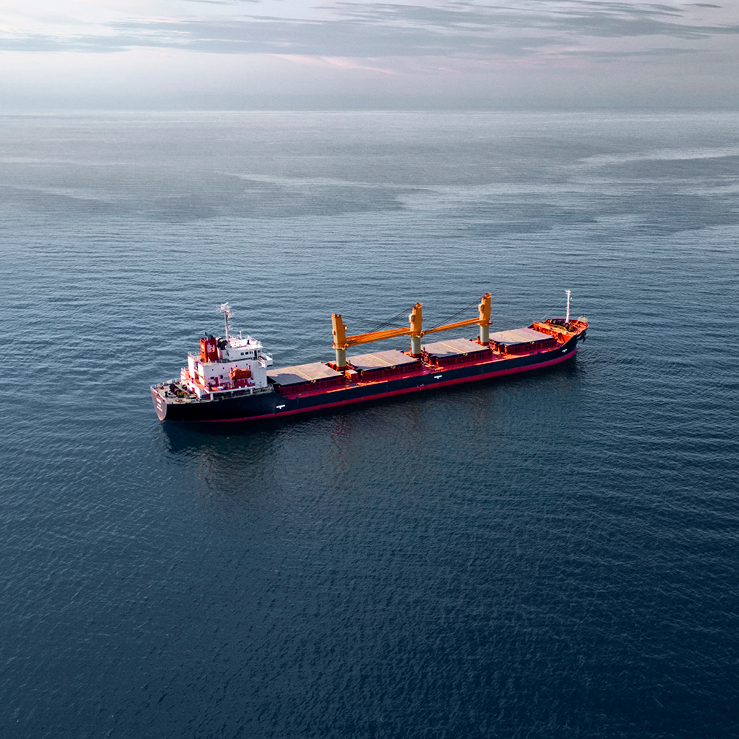In this brief, Dan-Bunkering New Fuels reviews major stories that may impact the availability of marine biofuels and prices.
US legislation to reduce cost of bio-blended marine fuels
U.S. lawmakers advocate for ocean vessels, including cargo ships, tankers, and passenger vessels, to adopt low-carbon, low-sulfur biodiesel and renewable diesel, thus boosting the biofuels market. A bill called the Renewable Fuel for Ocean-Going Vessels Act has been introduced in the US Senate. It aims to allow companies to retain Renewable Identification Number (RIN) credits under the Renewable Fuel Standard (RFS) for biofuels used in ocean vessels. Currently, the RFS excludes "fuel used in ocean-going vessels" from the definition of transportation fuels, meaning RINs are retired if the corresponding biofuel volume is used outside the US. The proposed legislation would enable vessel owners to leverage RINs and enhance their biofuel utilization.
RINs are tradable credits generated by refiners and importers to demonstrate compliance with the EPA's Renewable Fuel Standard program. Obligated parties can generate credits by blending renewable fuels into conventional transportation fuels or purchase them from other RIN producers.
If the bill is enacted, biodiesel for bunkering in the US Gulf Coast could become more economical compared to global bunkering biodiesel. This could potentially shift bunker demand away from other regions.






